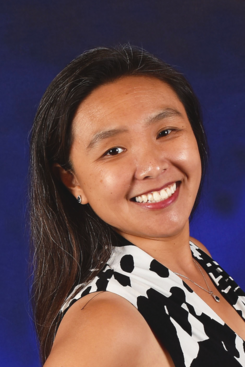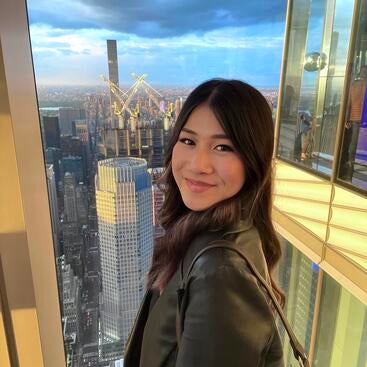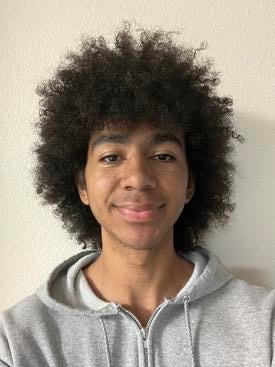
A UC Riverside team has been accepted in the 2024-25 Scholars Transforming Through Research (STR) Program of the Council on Undergraduate Research (CUR). The multi-month program culminates in a two-day event in March 2025 on Capitol Hill in Washington, D.C.
Founded in 1978, CUR is a nonprofit association promoting high-quality and collaborative undergraduate research, scholarship, and creative activity. It also offers support for the professional growth of faculty and administrators through conferences and volunteer positions. Its STR Program is a competitive application-based professional development opportunity for teams comprising a campus representative and one to three undergraduate students.
The UCR team — the only UC team participating this year — will join 62 other teams in developing communication and advocacy skills to engage with diverse stakeholder groups.
Stephanie Dingwall, an associate professor of teaching in the Department of Biochemistry and the divisional dean of student academic affairs in the College of Natural and Agricultural Sciences, will serve as UCR’s primary liaison for the CUR-STR program. Along with two undergraduate students, Vanessa Kwong and Anthony Stevens, Dingwall will attend all the program’s workshops — virtually or in-person — to ensure that UCR’s participation in the program represents the work UCR undergraduates do.

Dingwall said the team will have assignments for the virtual workshops, which will be used to prepare for the trip next year to Washington, D.C., to interact with congressional representatives. In the program’s five months, the team will be guided through skill-building exercises to learn how to demonstrate excellence in undergraduate research.
“My hope is that the CUR-STR program trains Vanessa and Anthony to advocate for the impact of undergraduate research to a wider audience, including funding agencies and stakeholders,” she said. “The ability to communicate research effectively is not only great for the professional development of our students, but also to educate policymakers and the public on the importance of supporting research.”
Kwong and Stevens were participants in the Research in Science and Engineering (RISE) program at UCR this summer and presented their research at a RISE symposium on campus. They received strong recommendations from their faculty mentors, who described them as proactive, self-driven, and hard-working students.
“Vanessa and Anthony are very mature, consummate professionals, with good humor and wonderful personalities,” Dingwall said. “They understand struggle and the value of working hard and have overcome challenges to get to where they are. They are wonderful representatives for UCR.”

Now in her fifth year, Kwong does research in experimental condensed matter with Andrew Joe, an assistant professor of physics and astronomy. Her research, she said, has applications in nanotechnology. She expects her participation in CUR-STR will build her science communication skills.
“I will have better skills in talking to people in and outside my field, be they researchers in physics or government officials,” she said. “Sharing what I do for research is beneficial because it can contribute to technological advancements in nanotechnology. It’s a field of study that has many steep learning curves. I want to make it easier for people to understand this work.”
Stevens, who is a junior, does research in the lab of Kevin Kou, an assistant professor of chemistry. He is helping synthesize molecules that can be used in the pharmaceutical industry. These molecules, he said, have medicinal properties and already exist naturally in the world, such as in plants. Stevens would like to communicate with policymakers and be more interested in American politics.
“I want to have a good idea of how things are going,” he said. “I’m also interested in doing what it takes to get a better doctoral degree. Participating in CUR-STR will allow me to be a step ahead for my Ph.D. and hopefully get me admitted to a research-focused institute. CUR-STR will help me communicate my research in a concise way, which is super important. Currently, I do not have a lot of experience with that.”